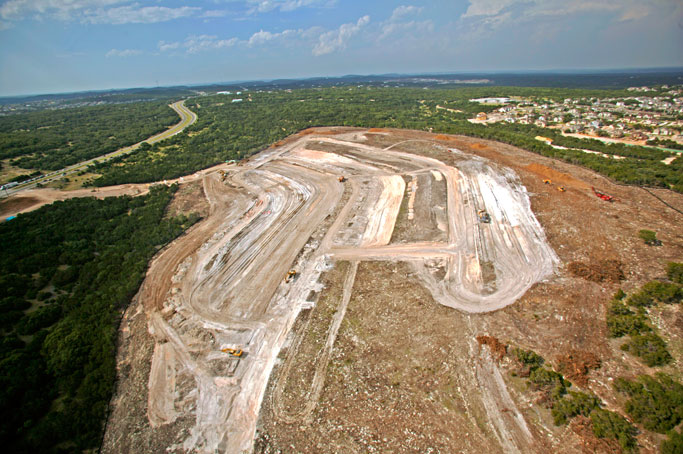May 25, 2023
At midnight last night, time ran out on House Bill 2239, the Ashe juniper clearcutting bill. Although it passed out of the House and a Senate committee, it failed to get a vote in the Senate before the end-of-session deadline.
Thanks to all who contacted state Senators and Representatives in opposition to this bill. As originally drafted, it would have allowed developers to clearcut the trees. But after a long Senate committee hearing where people turned out in droves to oppose the bill, it was amended so only homeowners could use it to remove the trees.
Testimony against the bill came from the Sierra Club, Audubon Society, Joint Base San Antonio, City of San Antonio, San Antonio Chamber of Commerce, and many individuals.
Bad for birds

Maslowski, Steve/U.S. Fish and Wildlife Service
Old-growth Ashe juniper is vital to survival of the endangered Golden-cheeked Warbler. Habitat loss or degradation is the main reason the birds are endangered.
The clearing of old juniper woodlands for urban expansion has decreased the area available for nesting. By allowing even old-growth junipers to be destroyed, HB 2239 would put this species in further peril.
But, aren't the trees water hogs?
Juniper water use is similar to other native trees. Clearcutting junipers does not signficantly increase spring flows, which return to pre-clear flows after 3-5 years. On limestone bedrock with shallow soils, the trees increase groundwater flows.
Read more about this in Project Bedrock's Brief overview of Ashe junipers and Texas A&M Study, 2022.
Say NO to clearcutting
Troxclair's bill would have lead to more clearcutting of development sites like the one shown below. Tree removal like this has many negative effects like:
- Increasing stormwater runoff from developments which in turn causes flooding of downstream areas.
- Increasing contamination in creeks and rivers from pollutants such as lawn chemicals, pesticides, and pet droppings.
- Exacerbating air pollution from cars and urban heat islands.

Photo courtesy of Richard Alles
What's this bill really about?
According to the bill's supporters, it's about saving water and property rights. They believe landowners have a right to clearcut trees on their property. One sponsor's aide told us that Ashe junipers were just the first tree of many they want to nullify protection of.
In reality, this bill is about increasing profits for developers and homebuilding corporations, many from outside of Texas. The fees the bill prohibits are tree replanting fees charged developers who remove excessive numbers of trees.
Most city tree ordinances protect only large, old-growth Ashe junipers (not brush) on land development projects (not on a homeowner's property or a ranch). Tree ordinances don't apply to land outside of a city's jurisdiction. No rancher or rural property owner in the history of Texas has ever paid a fee for removing Ashe juniper.